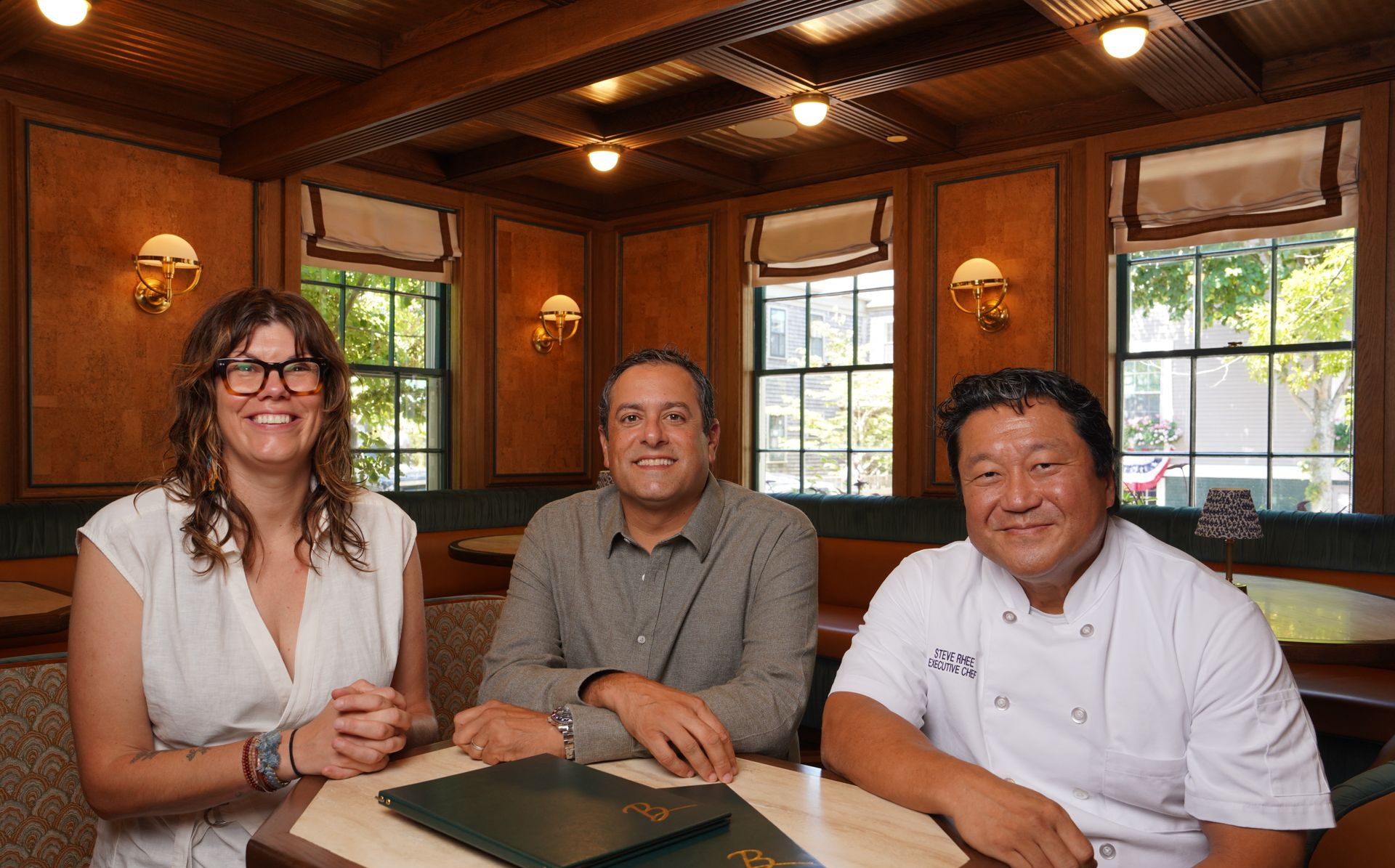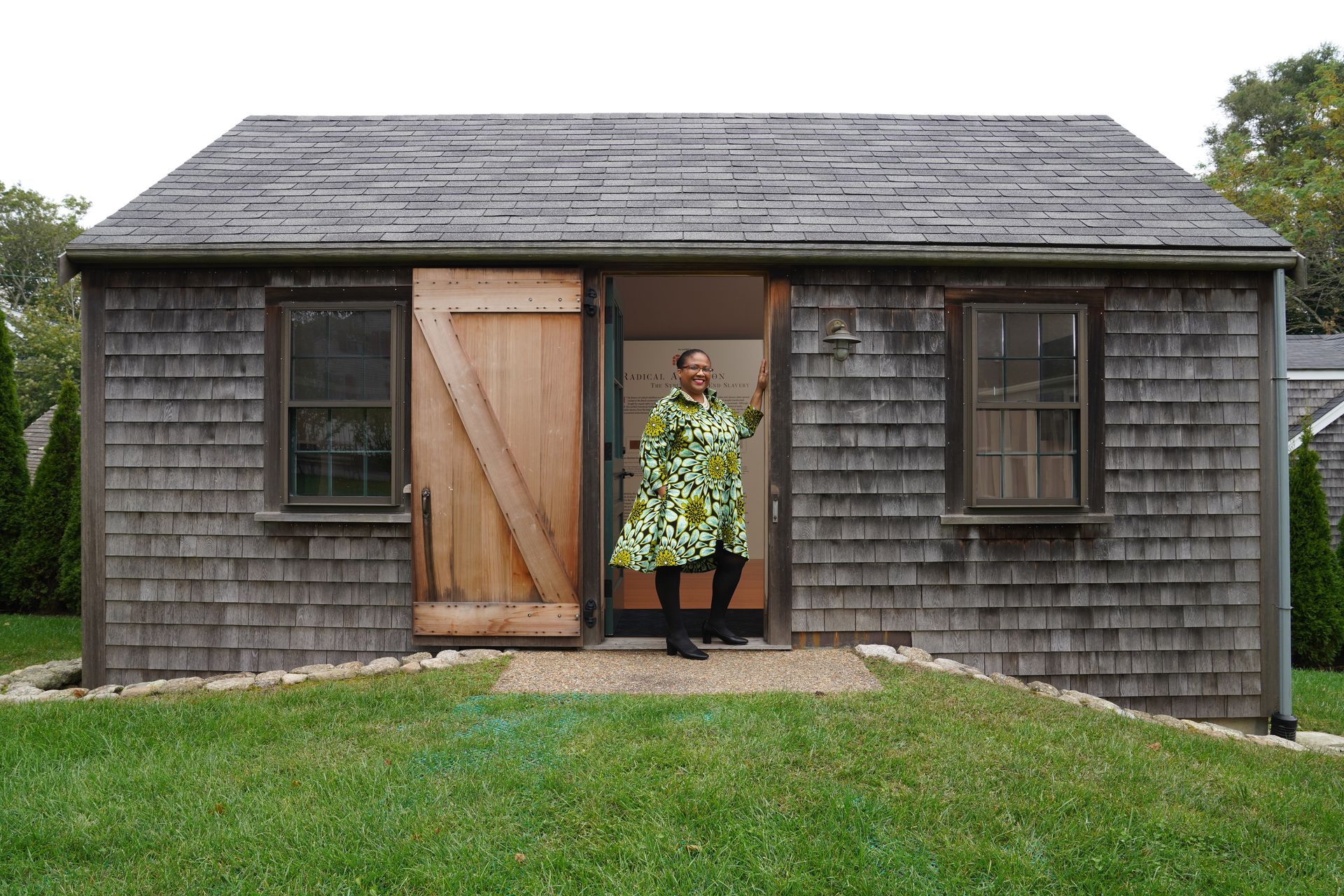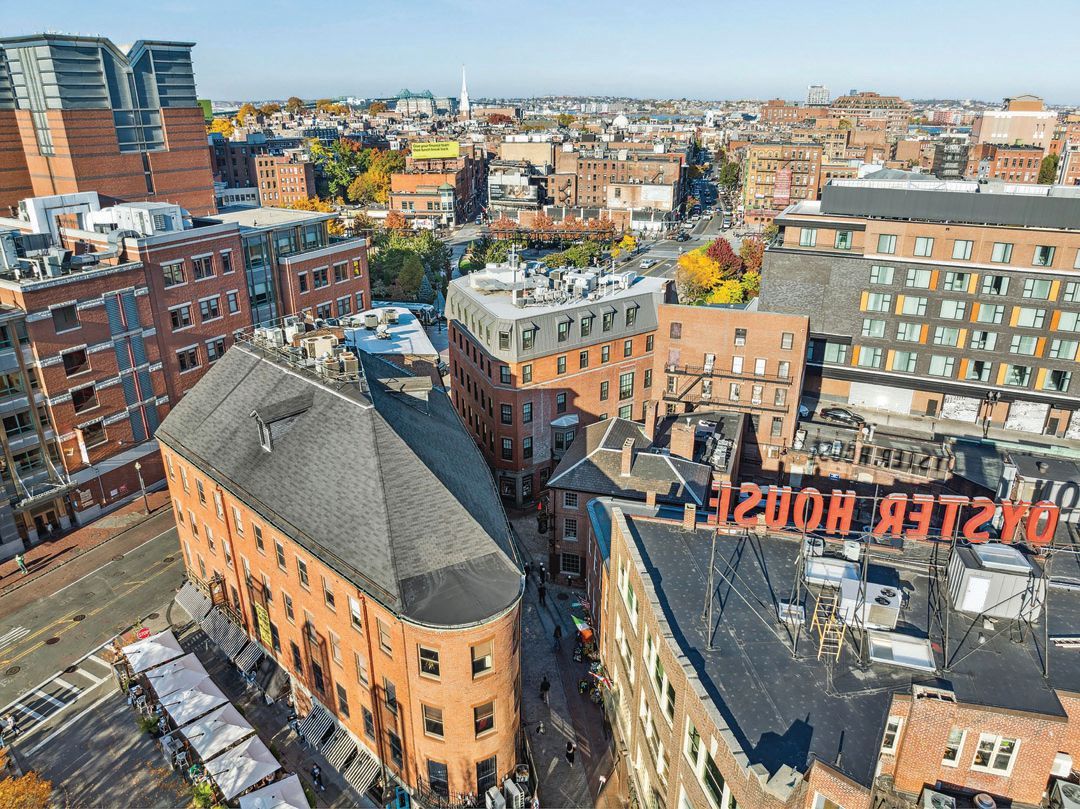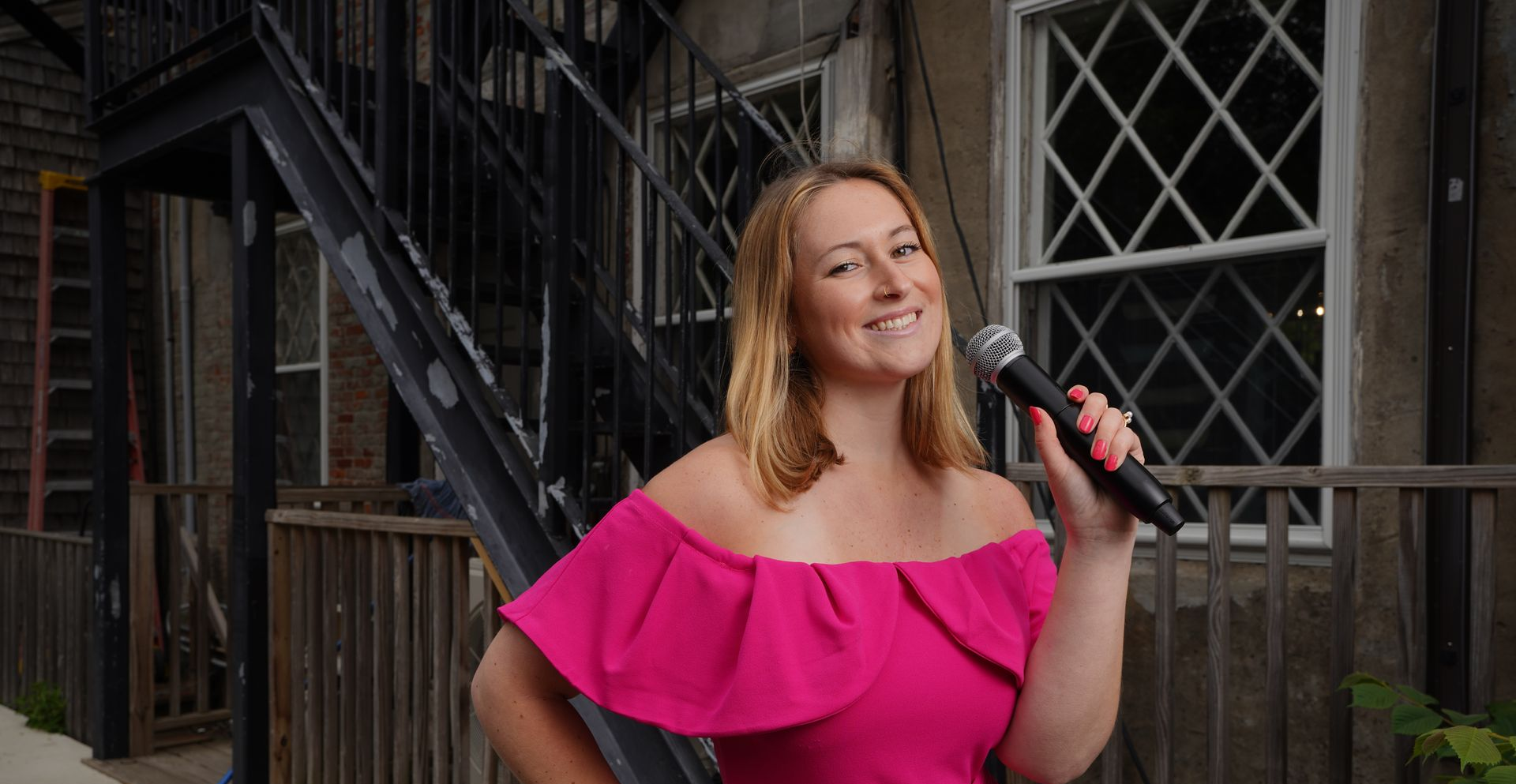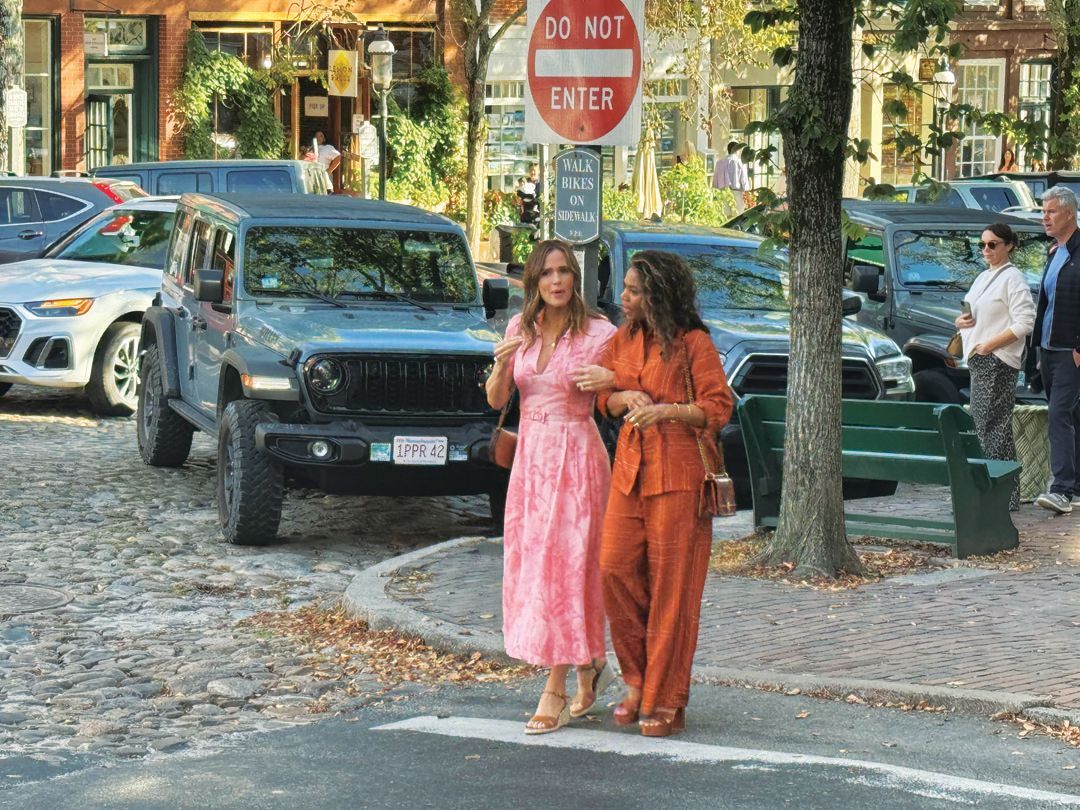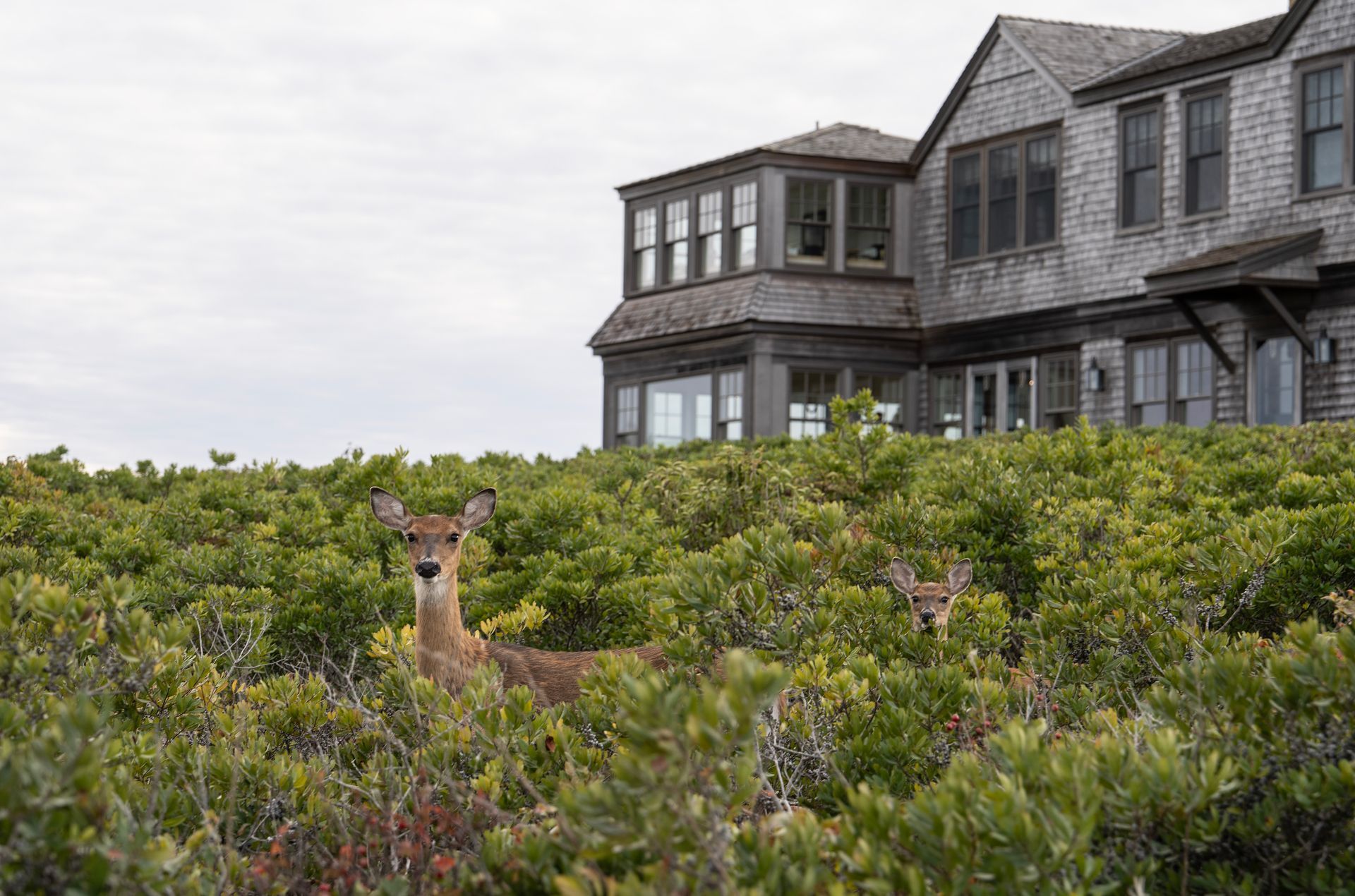ON HIS OWN TERMS
Nantucket summer resident Luke Russert debuts an overnight bestselling memoir.
In 2015, Luke Russert appeared to be on top of the world. The son of the late Meet the Press host Tim Russert, Luke was not only walking in his father’s footsteps in news media, but blazing his own trail as a congressional reporter. To the outside world, he was living the life, on the guest lists of all the swankiest DC parties, on the social pages and on a first-name basis with the president. But inside himself, there was a hole that hadn’t been filled. Luke never had the chance to fully mourn the loss of his father. So after eight successful years in the news media, Russert walked away from his Emmy-award winning career to travel around the world in search of answers. After three years and sixty-seven countries, Russert released his overnight bestselling memoir Look for Me There, which will be showcased at the Nantucket Book Festival this month.
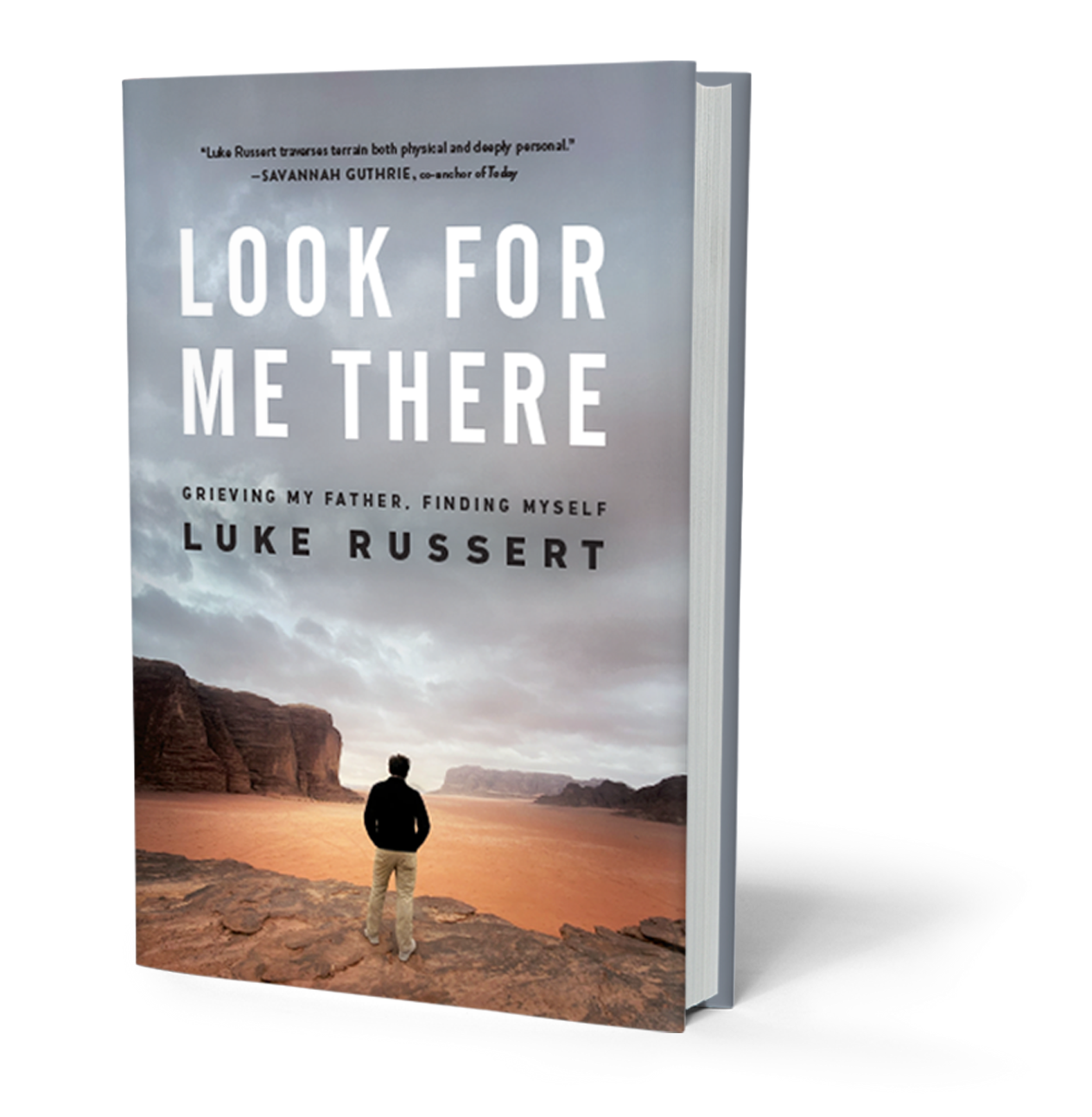
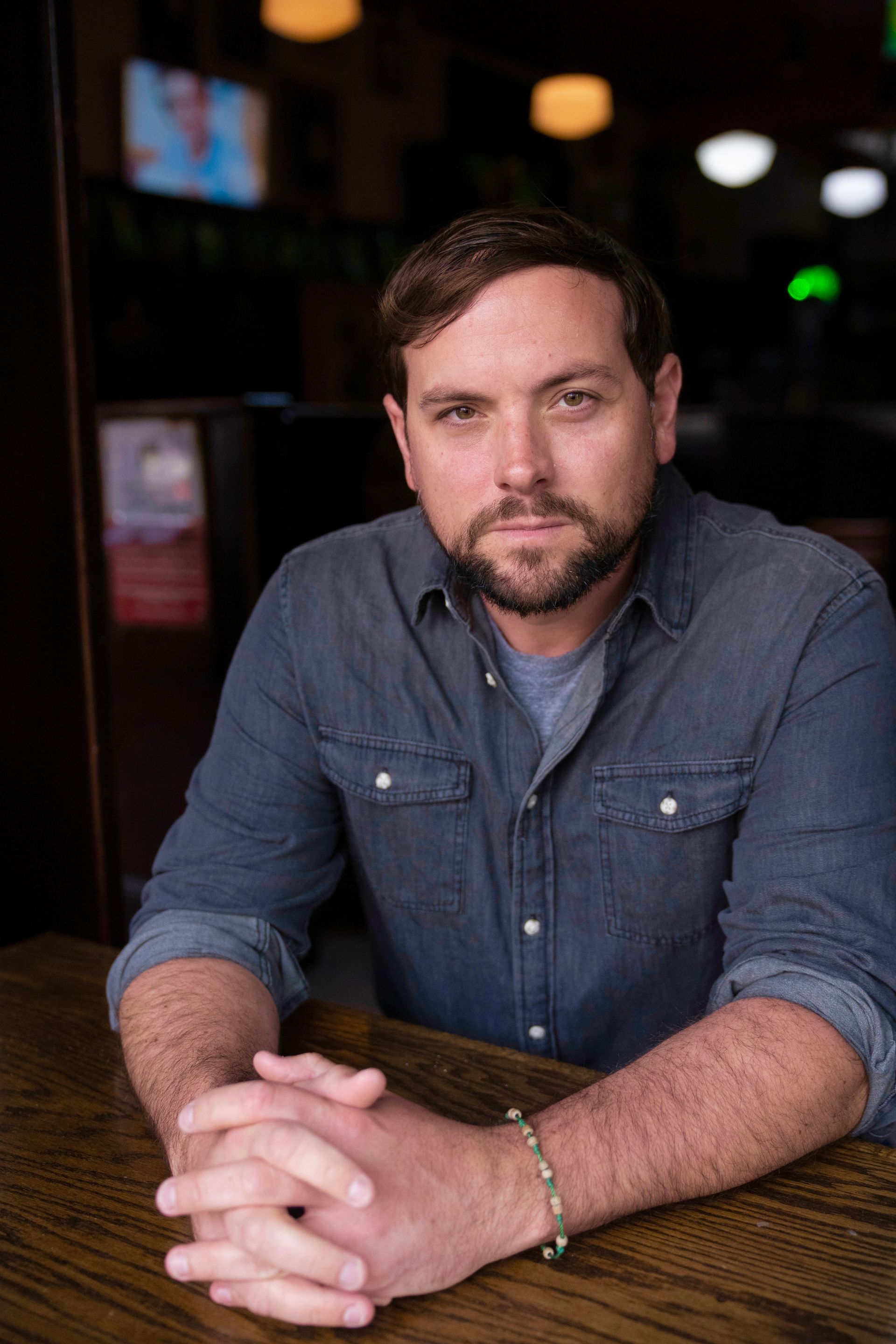
When you first hit the road, did you have any inclination that your travels would serve as fodder for writing a book?
When I was traveling, I filled up dozens and dozens of journals. The journaling was a way to center myself. It was a way to have a dedicated responsibility aside from just moving from place to place. What I was trying to do with those journals was capture my thoughts and my mindset in different places and then having different experiences and what those were imparting on me. I didn’t know really what I had in 2019. Ultimately, when I went back through the journals, I noticed that there is a common connective tissue. There was this searching, this looking, this longing for something, which is really what got me traveling to begin with. When I went through it all, I decided, “You know what? I think there’s a story here and I’m going to try and write something about it.”
What role if any did your mother—Vanity Fair journalist Maureen Orth—play in the writing of the book?
She’s the best writer in the family, as I always like to say. When I told her I wanted to write a book, she was supportive of it, but she said, “You really have to understand the undertaking that you’re about to endure. You really have to get to that place where you can make the reader feel like they are with you and they’re understanding you.” That’s not the easiest thing. It’s vastly different from television. So, that was the surface-level advice from the writer that she gave.
Your mother also serves as a central character in the book. How did it feel sharing your relationship, which at times was historically contentious? What did you learn about her in the process?
As far as our relationship that’s captured in the book, it’s a very interesting one, because [I grew] up as an only child and the father-son relationship, as you know, is such a special thing in any family structure. But in my family, my father and I were incredibly close. I wouldn’t say that we excluded my mother, but there is definitely a bond, the machismo dad and son. It wasn’t until I started traveling with my mom, especially in the beginning, that I realized how much I had missed and didn’t necessarily understand about her or her own story and about her time in the Peace Corps when she was in her early twenties.
What did you discover?
My mom wanted to travel and she wanted to see the world, so she joined the Peace Corps to do that. It was incredibly difficult work. Seeing her in her element in Latin America was incredibly eye-opening, because it taught me two things. One, part of the reason why your mom was hard on you was because she had to work so hard to get where she was, because she had to face such rampant sexism, and society’s expectations on her were quite heavy to be in a certain lane. I didn’t see that until I just saw her in Latin America bossing men around saying, “No, I’m going to do this. This is where I want to go.” The other thing though is my mom saw travel as an opportunity to get outside of the world in which you know. To get outside of your hometown, get outside away from your family name, get outside whatever your profession is. It’s these little pockets and moments of being able to reset. To do that, you’ve really got to immerse yourself in other cultures. You can travel in weekend trips here and there, but one of the things my mom always did was, especially with her reporting, she would go to these far-flung places like covering the opium trade right outside of Afghanistan right after 9/11.
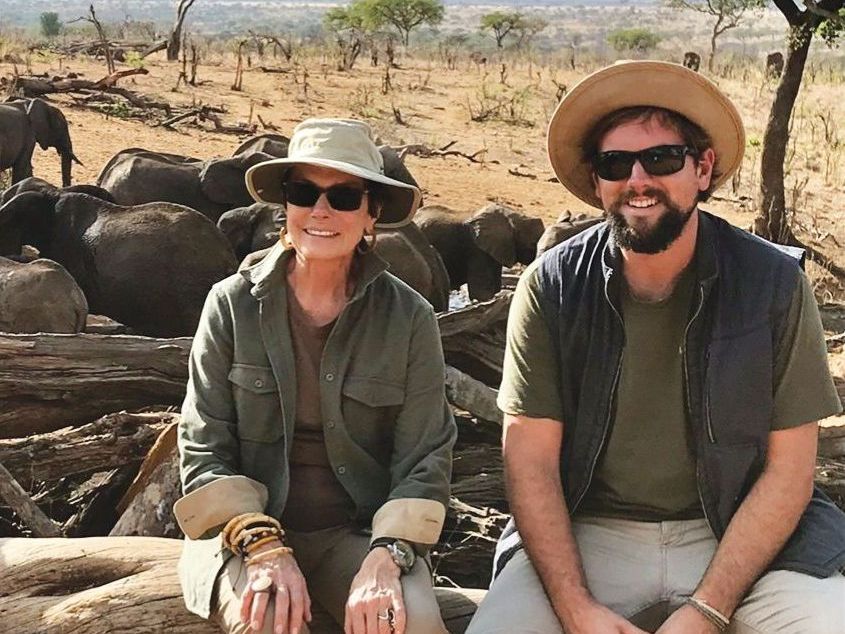
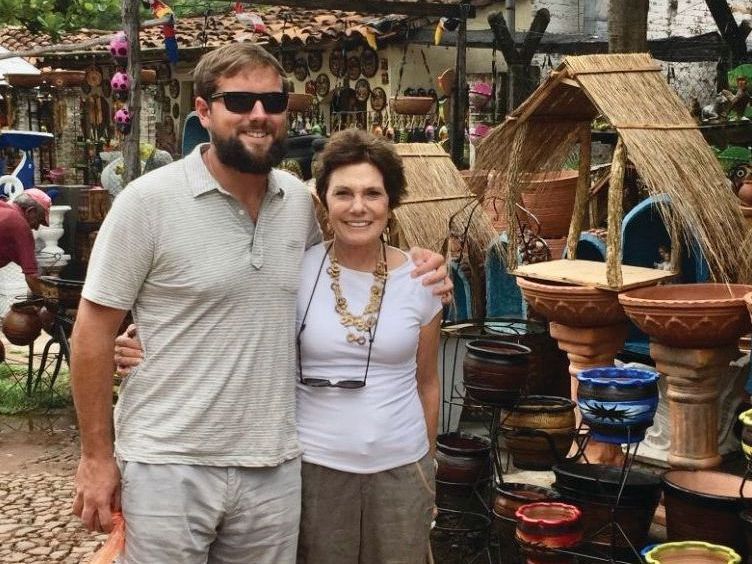
Was your father similar in that way?
My father would never do that. He was so risk averse, but my mom would. The reason why is to get the story but also the value in that experience. She always says, “I’m going to travel as a Peace Corps volunteer for this trip. I’ll ride the bus and I’ll stay in the boarding house because I want to be amongst a different culture and understand it and feel it and it’s a very valuable learning experience.” I took that to heart, and it was really valuable and it’s something I’ll carry with me for life.
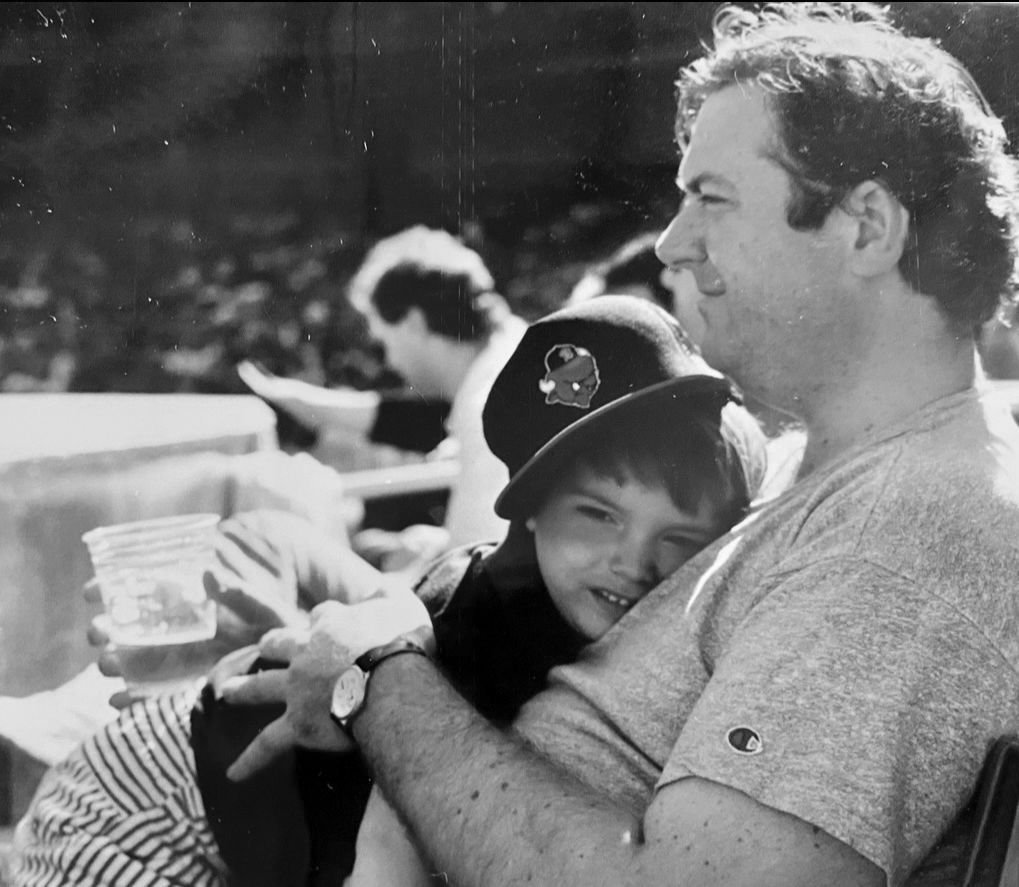
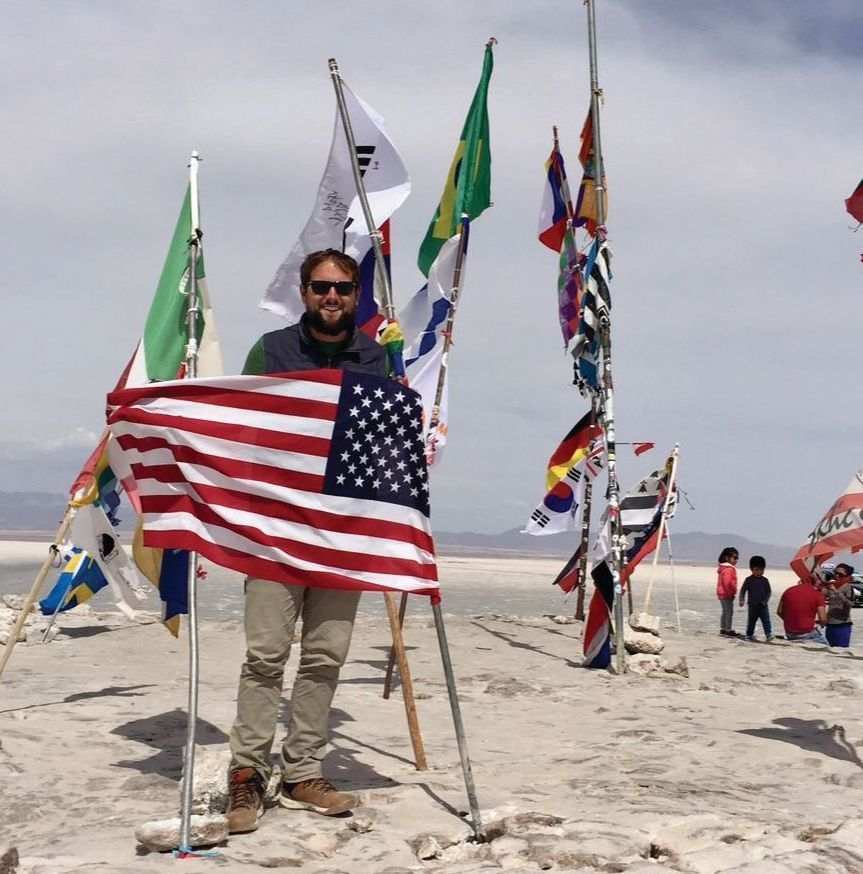
Traveling tends to come with extreme misadventures. Illness. Robbery. Getting lost. Did you encounter any of those moments?
I picked up a terrible stomach bug in Nepal. It was truly, truly awful to the point of where I was hallucinating with night sweats. Every imaginable terrible thing was going on in my body. I had flown to Sri Lanka totally sick. From Malaysia I went to Sri Lanka. I was just so sick. I was in the hotel room. That was one of those times where you get to that very dark place, which is, “Oh, my gosh. I’m going to die in Colombo, Sri Lanka. This is awful...I cannot believe this is how it is.” Thankfully, I was able to get better, but that had a deep impact on me because I realized to some degree that my body was saying, “Hey, this is a lot of wear and tear that you’re putting on us.”

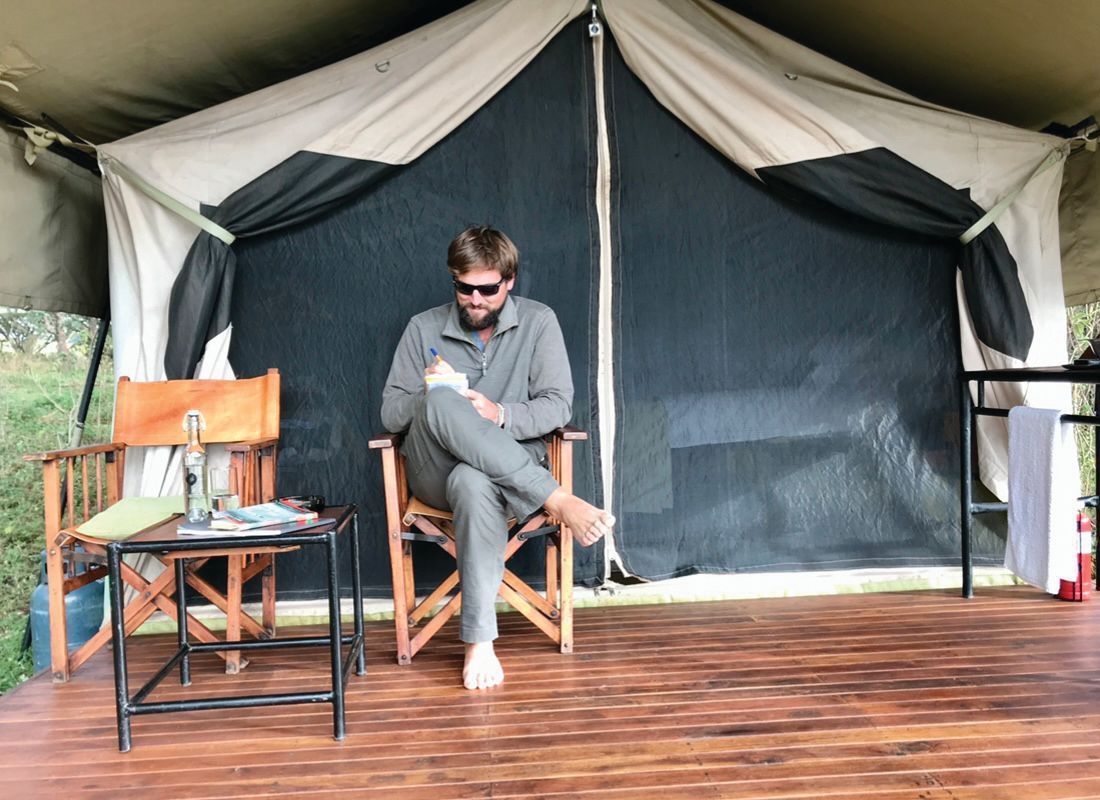
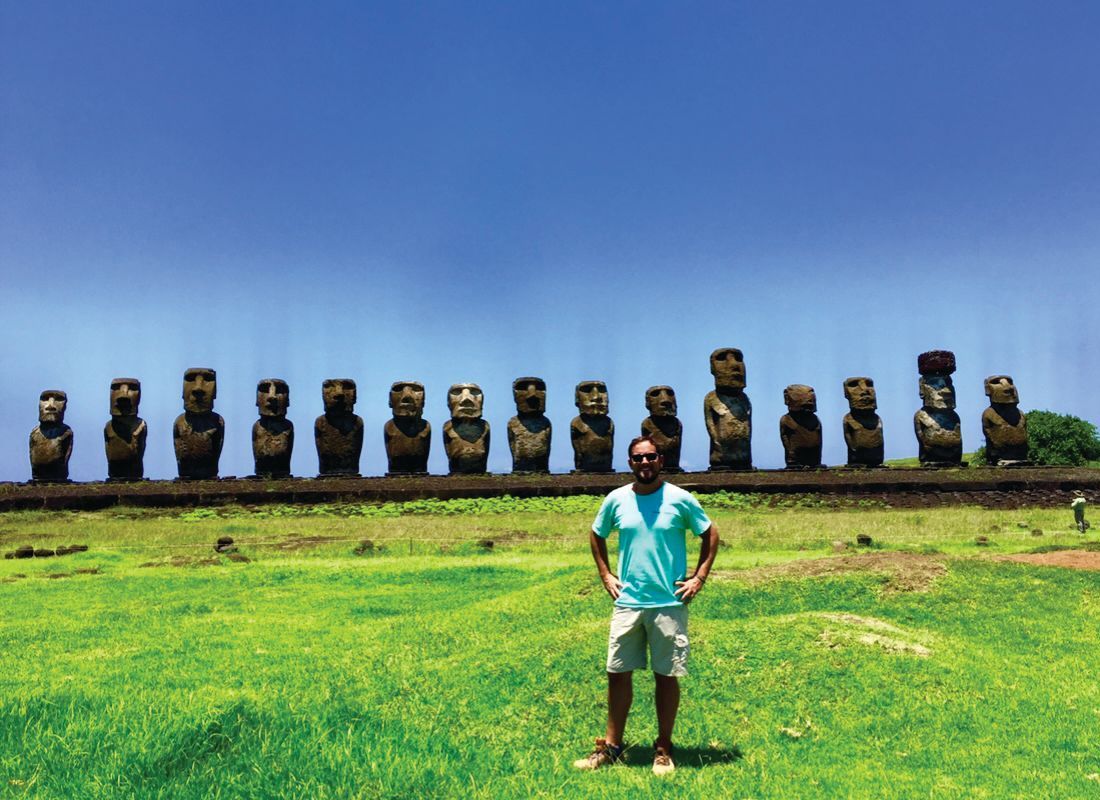
Photos from Russert’s many travels, which make up the contents of his memoir
What would be your commandments of how best to travel and absorb a culture?
If you’re willing and able, solo travel is an absolutely incredible experience that is so valuable. It forces you to be alert, to notice things and to measure yourself up against what the world is going to throw at you. Number two I’d say is journaling. What’s important about journaling is it allows you an outlet to comprehend what you’re seeing and what you’re feeling that’s beyond just texting a friend or posting on social media. It’s putting that pen to page. There’s a flow of what you’ve encountered during the day, and it comes out because you’re writing down what you noticed. Then a third I would suggest is the beauty of walking. That was so invaluable because you just stumble into things. That’s the most beautiful part of travel is when you stumble into something and it’s something you take away and you carry with you. You may never have had that opportunity if you didn’t allow yourself the ability to do it. The beauty becomes the walking.
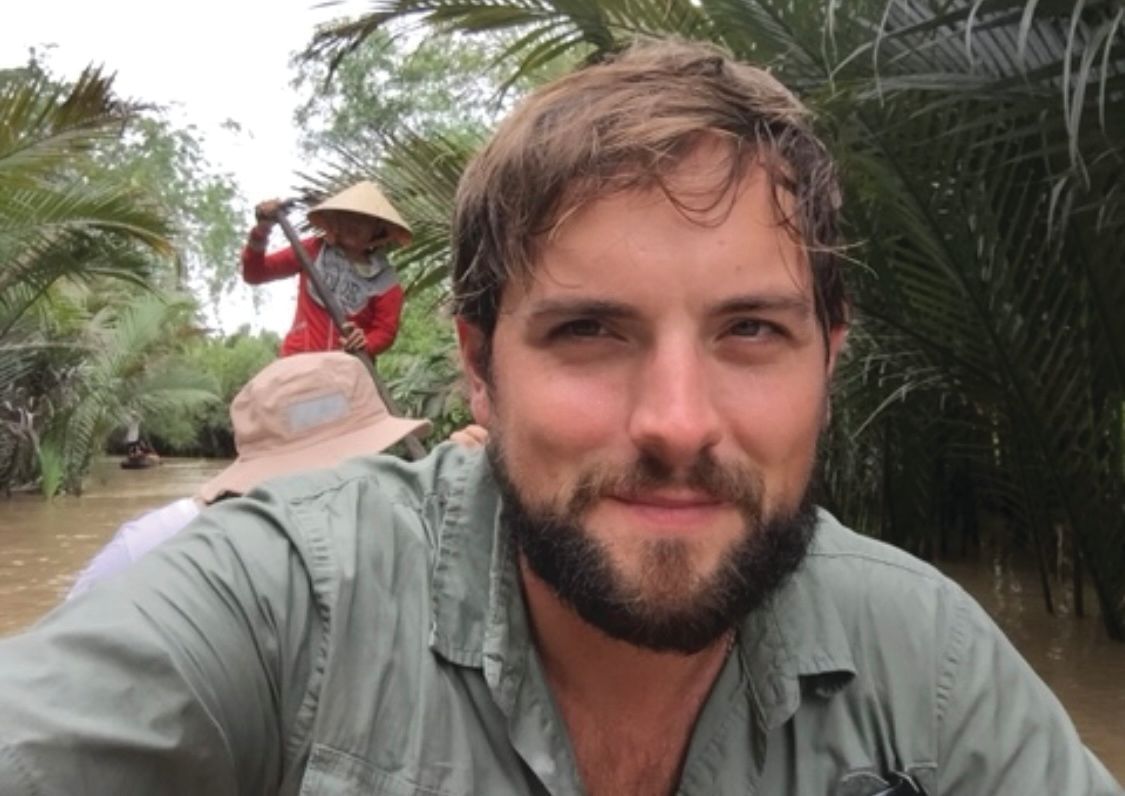
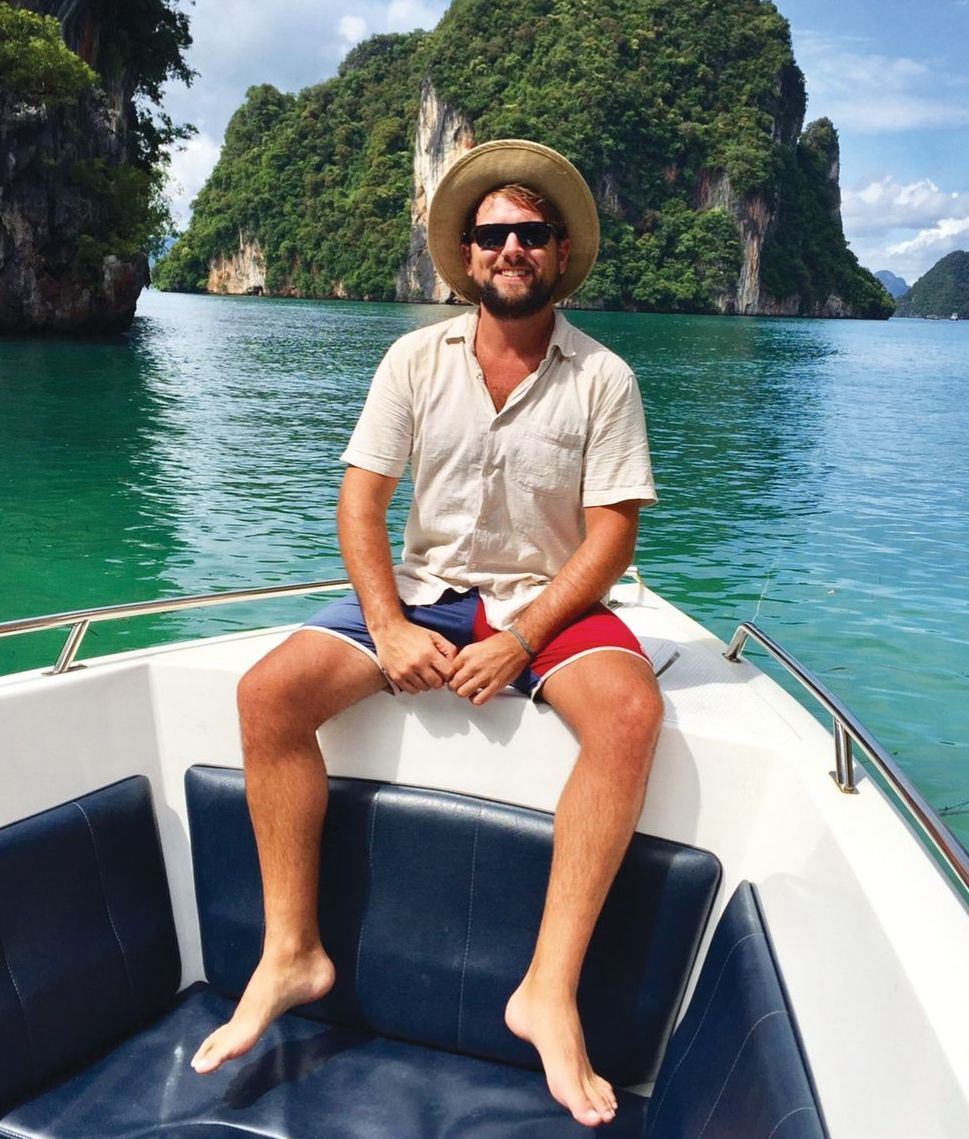
Many people travel to escape their former life, but as Jon Kabat-Zinn famously said “Wherever you go, there you are.” What was your experience in leaving your former life in news media for another on the road?
I think when you start traveling, it’s blissful. It’s this idea of I’m leaving that old world behind. I’m jumping into the great unknown and I’m part terrified, part excited. But if anything, I’m ready for this new experience. I’m ready for this rush. I just yearn for this freedom. That sustained me for quite a while. There is such personal growth in that period. But one of the things about having endless amounts of freedom is that if that line can become too long, you can hang yourself with it. What I realized with the travel was that I was trying to look for something but I was also probably running away from something.
What were you running away from?
What I was running away from was dealing with the loss of my dad and processing that grief. So, it’s a weird thing to say because it’s twofold. You’re running away from something, but you’re looking for something. To some degree, you’re trying to look for what you’re running away from. It dawned on me, especially when I was doing the writing but also during the trip, that there were all these moments where my father was showing himself, whether it’d be rainbows or just anecdotes that came to mind. The travel was my own way of coming to a place where I could process that.
And what did you discover about yourself?
Because of this gift of getting away from my hometown and my job and the weight of my last name in far-flung places when nobody cared who I was, I reached a point where there was a sense of clarity. The clarity came from a variety of factors. Part of it was faith, part of it was maturation, but also just thinking there’s more to life than grief. There’s more to life than your profession. There’s more to life than “What are you inside? How are you going to be whole?” When I honed in on that, things became a lot clearer and not necessarily easier, but more profound.
How did it impact you physically?
After I started traveling, I ate everything and I enjoyed myself. I said, “I don’t have to have these TV jawbones as much, so I’ll allow myself to eat a little bit and enjoy life.” I went to the doctor for a checkup and he goes, “Well, you put on a few pounds, your cholesterol’s higher, but your blood pressure is like twenty points lower...What have you been doing?” Living! It was a really important moment for me, because I think at least it showed me with data that I was really holding on to a lot of stress and not necessarily processing it the best way.
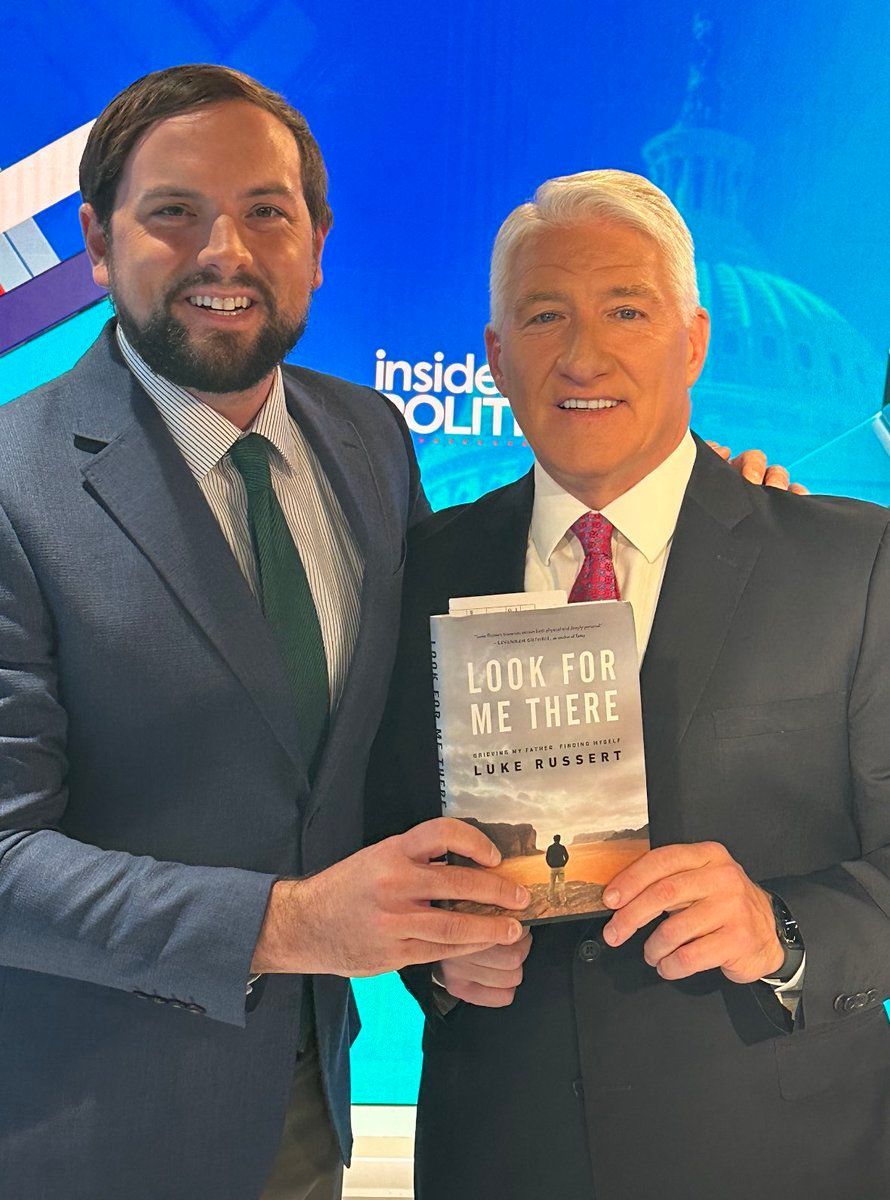
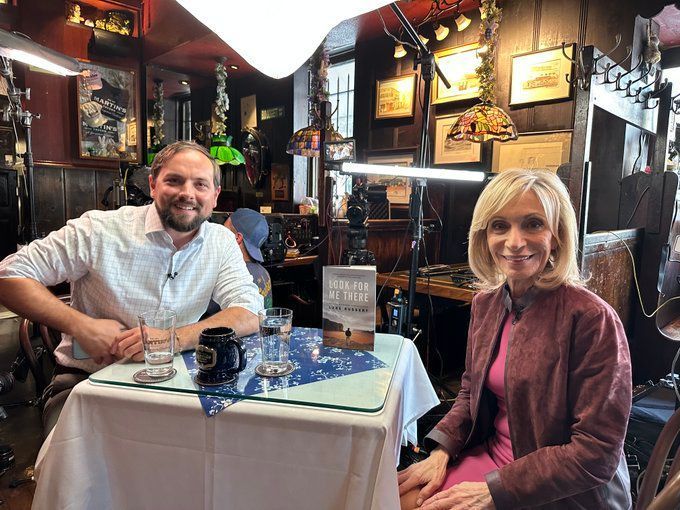

Russert’s appearances after the book’s release
Where can Nantucket be found between the lines of your book?
Nantucket is such a place of peace for me. It is something, where growing up, going there from such a young age and having such wonderful experiences as a family, I always carry with me. But one of the things that I learned in Nantucket with working summer jobs there, whether it was working maintenance at the iconic public golf course or working the back of the truck for Cape Cod Express, was those jobs, forward-facing jobs where I had to deal with a whole bunch of different types of people, really, really prepared me well for the world. I felt that some of those lessons I learned on the back of the truck from Cape Cod Express about how to deal with people and be a good human being helped me in my travels. There’s going to be some crazy, there’s going to be some bad, there’s going to be some good, but deliver your freight and get on with life.
Professionally, what do you see yourself doing after the book?
When I was in the process of leaving NBC, I used to have these dreams where I would throw out all sorts of different jobs. Do you want to learn how to be a pilot or do you hate flying? Or do you want to be a park ranger and live amongst the woods? Some of those things sounded appealing, but I think after doing this travel and writing this book, I’ve honed in that I really like storytelling. What medium that will take, whether it’s another book, whether it’s going back into television, long form, podcast, digital—I don’t necessarily know, but I like the storytelling space. It’s where I think I have a combination of a natural talent with a deep desire to do well. When you travel and see a lot, there are a lot of stories out there. I think a lot of them would be beneficial for people to hear. So, that’s where I would like to be.

